Faced with Lebanon's fuel supply difficulties and a failing electricity sector symbolized by public electricity production that has not exceeded more than 2 to 3 hours per day since the summer of 2021, several solutions are being considered to improve the situation. However, none of them makes it possible to ensure the energy security of the population, which requires in-depth reform of the sector.
The electricity shortage has worsened sharply as the economic and financial crisis deepened. Electricité du Liban (EdL, public electricity production and distribution company) being in a situation of structural deficit, electricity production has fallen to less than 500 MWh currently (i.e. 2h/day). In this context, Lebanese households who can afford it use private generators (extremely expensive, especially in terms of purchasing power) as well as the residential installation of photovoltaic panels.
On July 23, 2021, Lebanon and Iraq signed an agreement, effective since September for a period of one year, ensuring the supply of unrefined Iraqi fuel up to 1 million tons. This fuel is then exchanged for refined products allowing a theoretical supply of 500 MWh.
The Lebanese authorities are working with Egypt, Jordan and Syria to deploy a regional interconnection that would supply Lebanon with Jordanian electricity on the one hand, and Egyptian gas on the other, via the Arab gas pipeline crossing Jordan and Syria.
This project would provide Lebanon with at best 600 MWh. The energy supply would still be very insufficient to absorb domestic demand, but would constitute a slight improvement compared to the current situation (approximately 2 hours of additional electricity per day).
The World Bank plans to support the financing of the project via a PfR (Program for Result) loan of up to 300 M USD3 on the gas component in the first place. The granting of the loan is subject to approval of the electricity reform plan by the Lebanese authorities and adoption by the Bank’s Board of Directors. A sign from the United States will also be necessary to issue an exemption from the sanctions regime decided against the Syrian regime in the summer of 2020 (Caesar Act). This is a request from the Egyptian authorities to start the project.
The Lebanese authorities are counting on a new source of gas supply via the exploration and exploitation of offshore gas off the coast of Lebanon. This prospecting, which could increase the country’s energy production in the very long term, remains however conditional on the resolution of maritime border issues with Israel (file currently in progress). This project cannot, in any case, constitute a short-term response to the crisis, given the uncertainties surrounding its implementation and the actual presence of gas.
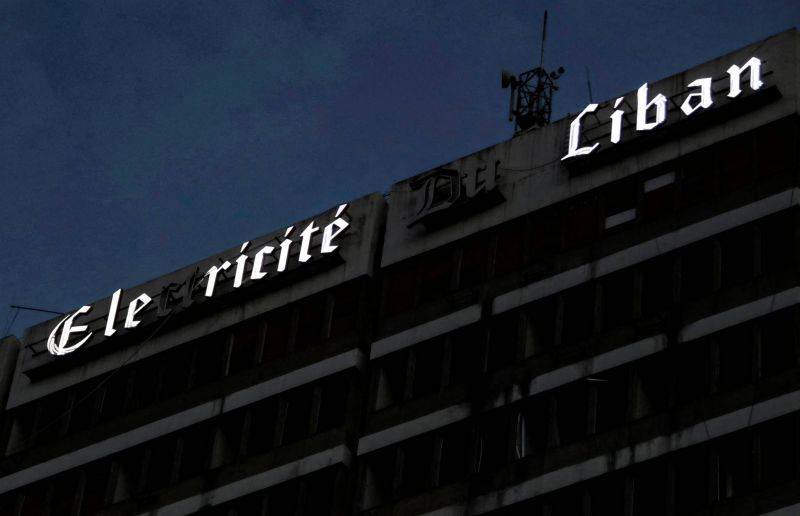
The comprehensive reform of the electricity sector remains unavoidable
1) The commissioning of gas-fired power plants next to existing facilities (Zahrani and Deir Ammar) to increase electricity production
2) A significant improvement in the governance and economic balance of EdL, which has been in financial deficit since 1992, which notably supposes an adjustment of electricity tariffs, enabling EdL to cover its production costs, the improvement the collection of bills (with the installation of smart meters) and the establishment of an independent Electricity Regulatory Authority (ARE)
3) A strategic and massive investment in renewable energies given the country’s high solar and wind potential.
The current Minister of Energy has conditioned the reform of electricity pricing on the increase in electricity production (to reach 8 to 10 hours per day). In addition, the Council of Ministers published a decision following a session of February 25, 2022 where it undertakes in particular to immediately apply (without amendments) the law on electricity n ° 462 adopted in 2002 whose one of the main measures is the establishment of a regulatory authority.
As the summer period approaches (synonymous with an increase in the demand for electricity), the rapid implementation of a reform of the electricity sector is more urgent than ever if Lebanon wishes to benefit from the financing, by the World Bank, of the regional energy interconnection project. Otherwise, new difficulties could appear in the coming months.
Source Beirut Economic Service French Embassy in Lebanon


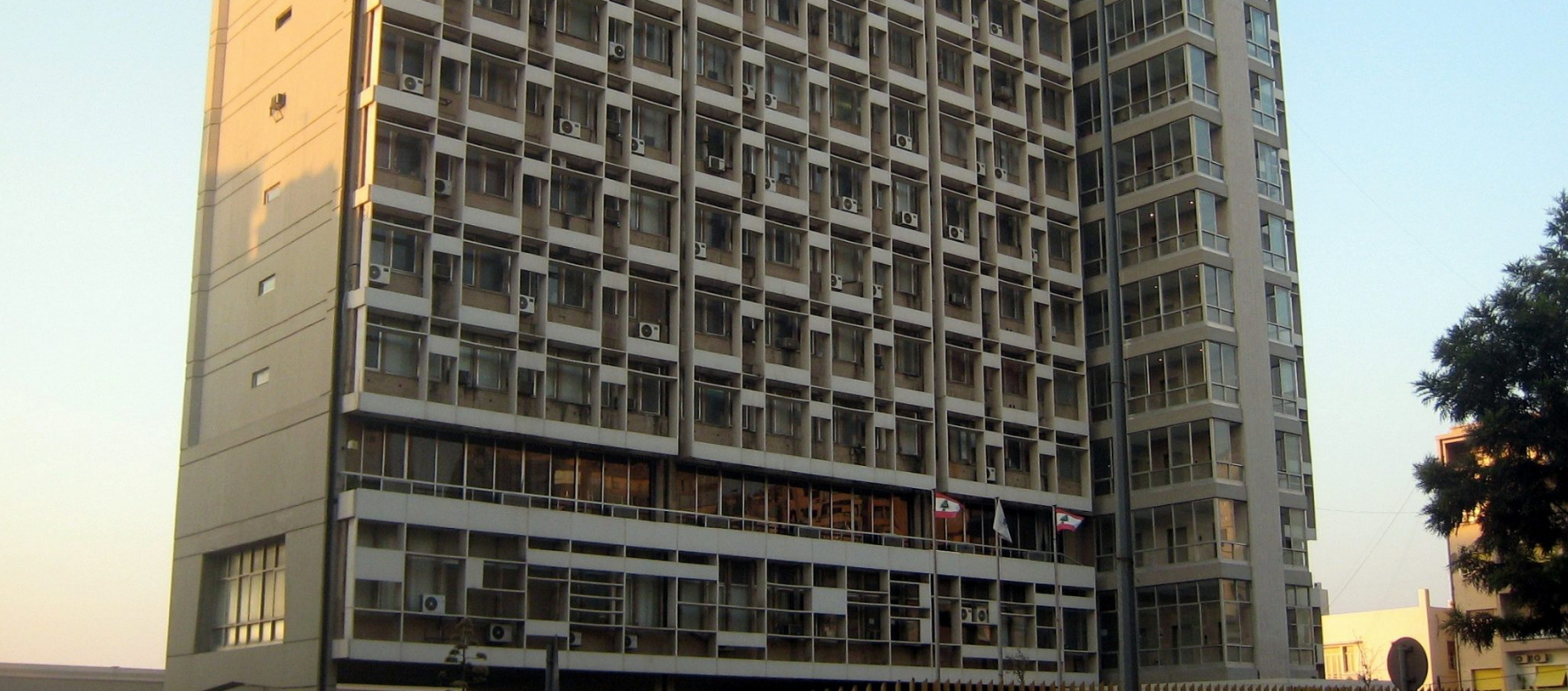





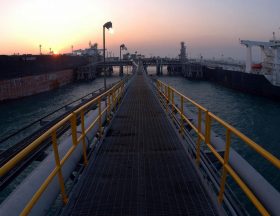
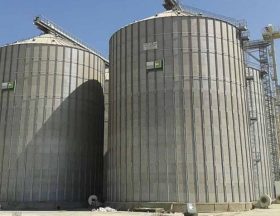
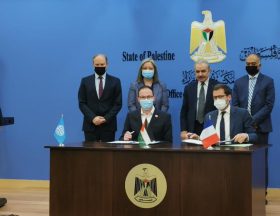
Réagissez à cet article